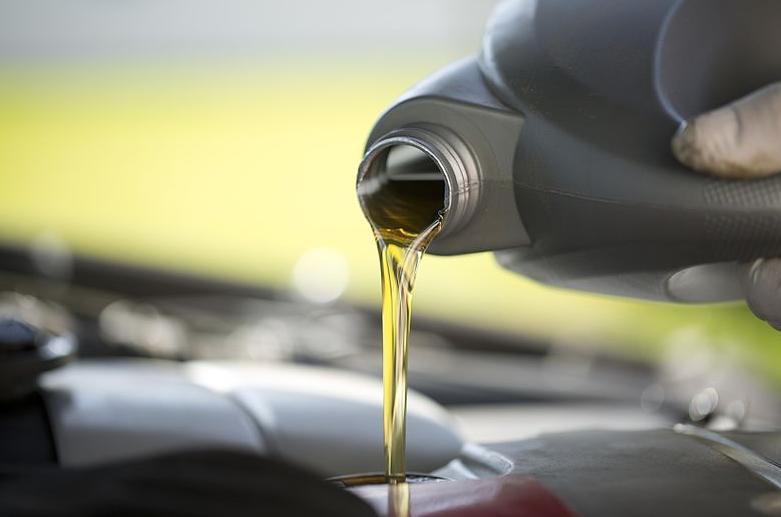Every car uses different types of car engine oil. Most of these oils vary in two major ways. In terms of their level of viscosity when the engine is just starting and when it’s fully operational. Regular oil changes are a major part of car maintenance.
You will notice that each and every oil container has a numeric and alphabetic marking. These are the ones that indicate the level of viscosity. So be advised that you should look out for these markings on the oil containers. Below we will dive into how to interpret all of them.
There are various reasons why you shouldn’t skip an oil change. One of them being the fact that oil accumulates too many particles as it circulates the engine block. These particles contaminate the oil and oil filter. If this goes without correction your oil will have too many contaminants to function well.
Oil has various functions within the engine block. These consists of insulation, lubrication, and cooling. If the oil is leaking because of one reason or another, these purposes won’t be served.
Major types of oils.
The oils are made differently and that’s what makes the difference. It’s important to know which oil is made with what. That way, you can choose the best types of oil.
1. Mineral Oil.
Basically made from the process that makes petroleum. If you are using a turbocharger on your engine, this is the type of oil you need to go for. It’s usually somewhat thicker than the others which makes them incompatible with extreme temperatures.
Hence the reason why you should use mineral oil only when you’re in temperate regions. Further, when using the mineral oil, you need to ensure that it’s changed regularly. Let me explain. Oil contains a property called oxidation and this helps it in the engine cooling characteristic.
2. Semi Synthetic.
They are a mixture of two oils, synthetic and mineral oil. They have a higher oxidation property when compared to mineral oil. Hence the reason they are superior in protecting the engine block.
When it comes to oil performance, the semi Synthetic oil is essentially viscous even when the engine hasn’t been running for sometime. That means they flow around the engine block much faster when the car starts. Further, they are much more pocket friendly when compared to the full Synthetic engine oil.
3. Synthetic oil.
They are fully refined to offer purity and quality. There are engine modifications that improve performance which in return increases the engine’s demand for oil. Synthetic oil is suitable for these engines because of its purity.
Synthetic oil is chemically modified to make it achieve better properties than the others. Meaning that in terms of oxidation, the synthetic oil is much more superior.
Another advantage is that the synthetic oil does not have any bad reaction to Extreme temperature. This makes it extremely friendly when the engine hasn’t started. It’s very viscous and will flow freely even during winter conditions. Cars that use these oils will usually not suffer from damage caused by friction. Simply because the oil accumulates a very little amount of impurities.





